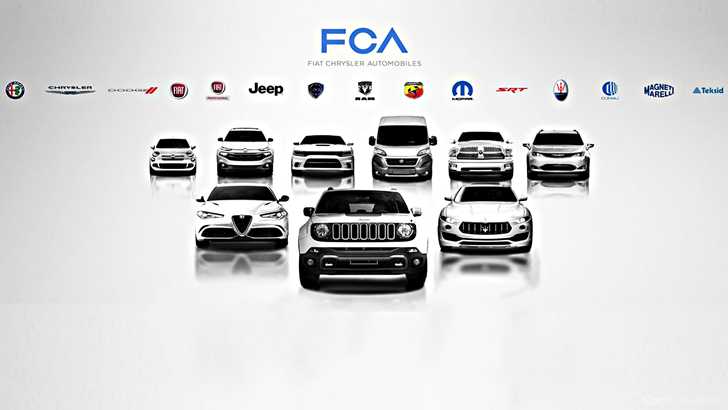The Marchionne management style is alive and well.
The historic proposed merger of Groupe Renault and Fiat-Chrysler Automobiles has fallen through, after talks broke down on Wednesday following a move by several Renault board members to abstain from the vote. It’s said that in the presence of Renault chairman Jean-Dominique Senard and FCA supremo John Elkann, Groupe board members from Nissan aired concerns and brought forward demands that Elkann perceived to be too much too late.
In an interview in 2014, former FCA boss Sergio Marchionne told the press that “it’s as important to walk away from the table as it is to sit down,” signalling that FCA would only ever agree to tie-ups and joint-ventures on their own terms. Marchionne & Elkann got along like a house on fire, so it shouldn’t have been to great surprise that in the face of the changes proposed by Groupe Renault, Elkann walked out.
It’s reported that Renault boss Senard asked FCA for a delay in pushing the deal through, which FCA rejected very quickly. The whole meeting was held up thrice on Wednesday due to members of the board requesting consultations with key players. Nissan, a member of an Alliance that links itself with Renault and also Mitsubishi, held concerns that the merger would alter the relationship dynamic between itself and its parent company, which is why the Nissan representatives abstained from voting.
Senard was not keen on moving forward with an agreement that Nissan wasn’t comfortable with, which was an absolute cornerstone of the merger going through. The French government, while trying to persuade Nissan to agree, had its own motivations. French finance minister Bruno Le Maire made it clear to Bloomberg that the French government would only endorse the move if it maintained jobs in the country, formed balanced corporate governance between the two companies (to avoid a Ghosn-like situation in the future), commit to battery development & production in Germany, and solidify the existing relationship with Nissan.
FCA wasn’t happy that the French parties were suggesting that the merger timeline was rushed – so much so that the Italians saw it as a move to throw in last-minute clauses on the verge of approval. Despite the French government’s stake in Groupe Renault being halved to just 7.5% after the merger, FCA wasn’t happy with the overbearing demeanour that it brought to the negotiating table. So they walked away.
FCA’s statement on the matter said, “It has become clear that the political conditions in France do not currently exist for such a combination to proceed successfully.” In the meantime, Renault told the press that they were “unable to take a decision due to the request expressed by the representatives of the French State to postpone the vote.”
Had it gone through as planned, the Groupe Renault-FCA merger would have created the third largest automaker in the world, and would have permitted the Renault-Nissan-Mitsubishi Alliance to make a proper foothold in the North American market, while pushing FCA through into the next century by leveraging on the advancements the Alliance has already made in pursuing next-generation mobility. But with Nissan holding a lot of the cards in that respect, their hesitation to endorse the merger signalled failure to FCA, with sources telling Reuters it was critical that Nissan “be in the loop.”
For the best deals on a new car, check out our Showroom.


























